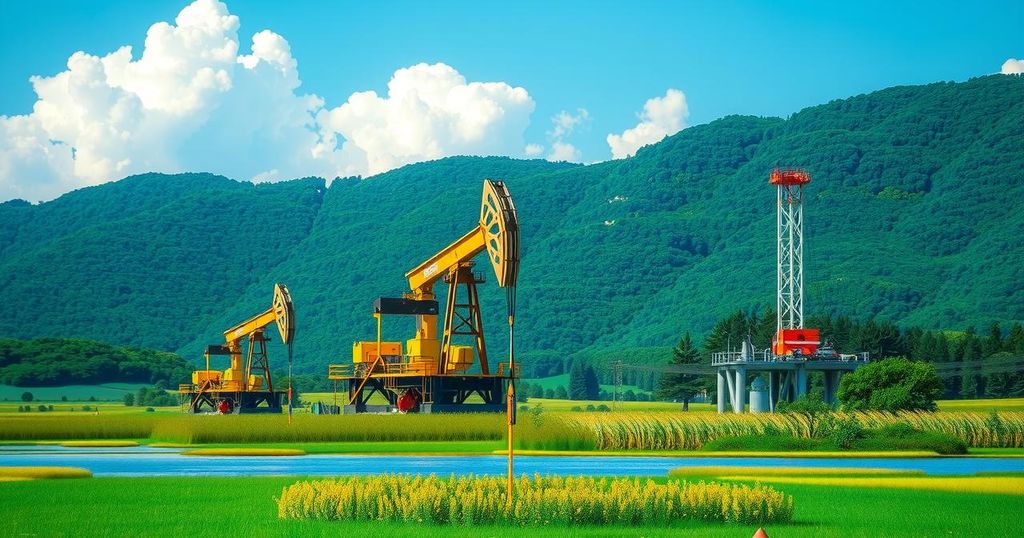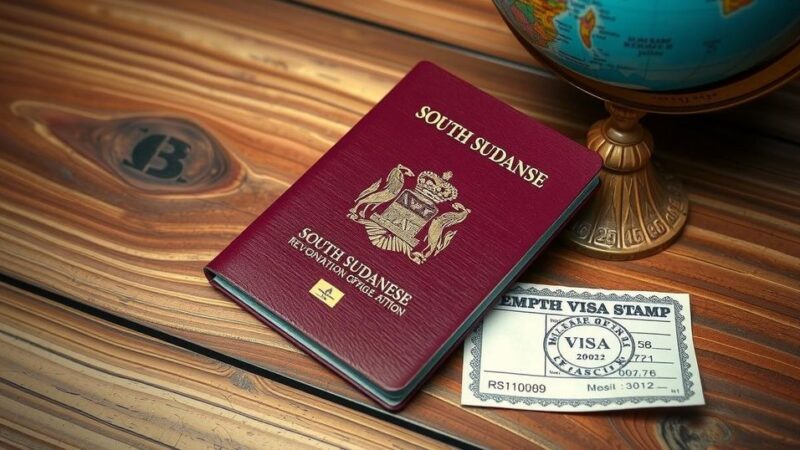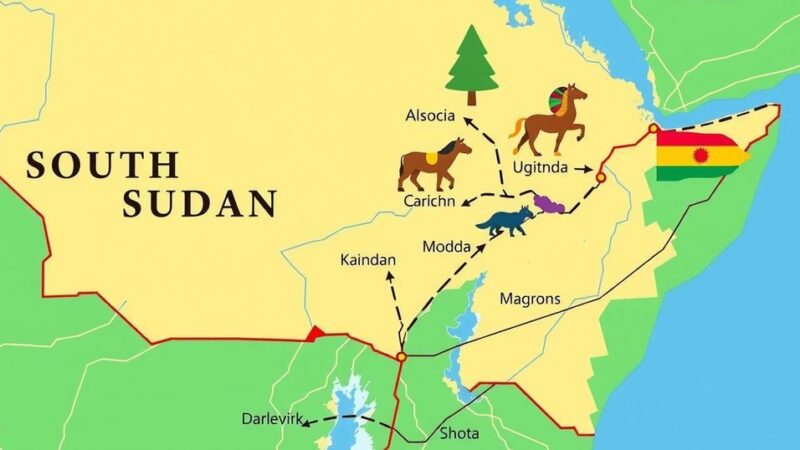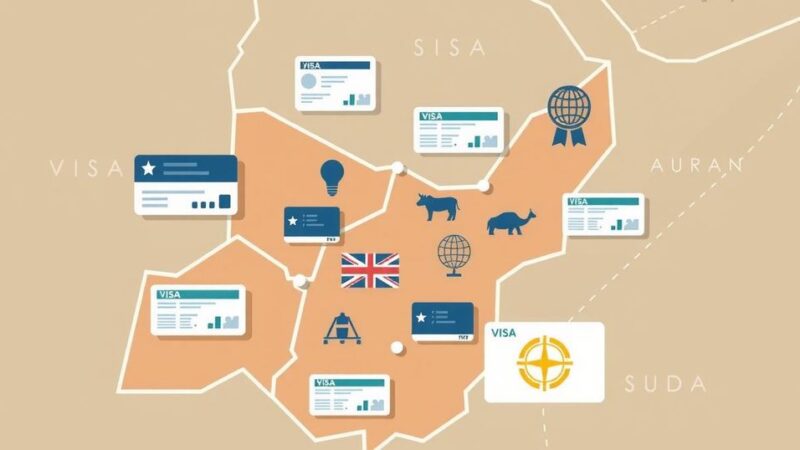Secretary of State Marco Rubio is set to visit Guyana to extend U.S. security commitments to the oil-rich nation amidst Venezuelan territorial claims. With Guyana poised to become a leading oil producer, the U.S. aims to enhance cooperation, reflecting priorities from the Trump administration. Rising tensions with Venezuela signal the need for strategic partnerships in the region.
On March 27, 2025, Secretary of State Marco Rubio will travel to Guyana to propose extending U.S. security assurances to the oil-rich nation amid escalating tensions from neighboring Venezuela, which asserts territorial claims on Guyana. Guyana has discovered vast oil reserves and is expected to become the leading oil producer per capita globally, surpassing countries like Qatar and Kuwait.
Amidst rising tensions, Rubio aims to finalize a memorandum of understanding to enhance security cooperation between the U.S. and Guyana. His mission follows discussions in Jamaica with Caribbean nations and includes an upcoming visit to Suriname, which is also experiencing a rise in oil production.
The Trump administration envisions a partnership with Guyana similar to that of oil-rich Gulf nations that host U.S. troops for protective measures against threats, particularly from Iran. Mauricio Claver-Carone, the U.S. special envoy on Latin America, highlighted that the security of Guyana is a priority, reinforcing efforts against perceived aggressions from Venezuela.
Although discussions regarding Guyana’s potential accession to the United States are not anticipated, the country has expressed a long-standing interest in closer ties. President Irfaan Ali aims to strengthen defense cooperation with the U.S. through initiatives such as joint maritime patrols as he approaches reelection.
Venezuela’s claims over Guyana’s Essequibo region have intensified, with President Nicolás Maduro’s government asserting territorial rights. Guyana has recently condemned a Venezuelan military incursion into its waters, prompting a rejection of Venezuela’s offer for dialogue.
The legislative assembly in Caracas approved a bill to make Essequibo Venezuela’s 24th state, a move widely dismissed by the international community. Guyana stands by a 1899 arbitration that established its borders, whereas Venezuela cites historical claims dating back to 1777.
The Trump administration prioritizes ramping up oil production, viewing it as both an economic boon and a security measure. By the end of the decade, ExxonMobil projects production from Guyana will reach 1.3 million barrels daily, overshadowing Venezuela’s diminished output due to years of mismanagement and sanctions. In light of this, the U.S. has also limited Chevron’s operations in Venezuela, further affecting its oil industry.
In summary, Secretary of State Marco Rubio’s upcoming visit to Guyana reflects the U.S. commitment to bolster security amid rising tensions with Venezuela. The economic potential of Guyana’s oil reserves aligns with U.S. geopolitical interests, emphasizing the need for strong bilateral cooperation. As Venezuela intensifies its claims over Essequibo, the U.S. seeks to solidify its role as a security partner for Guyana, while addressing broader regional stability in South America.
Original Source: www.bssnews.net






